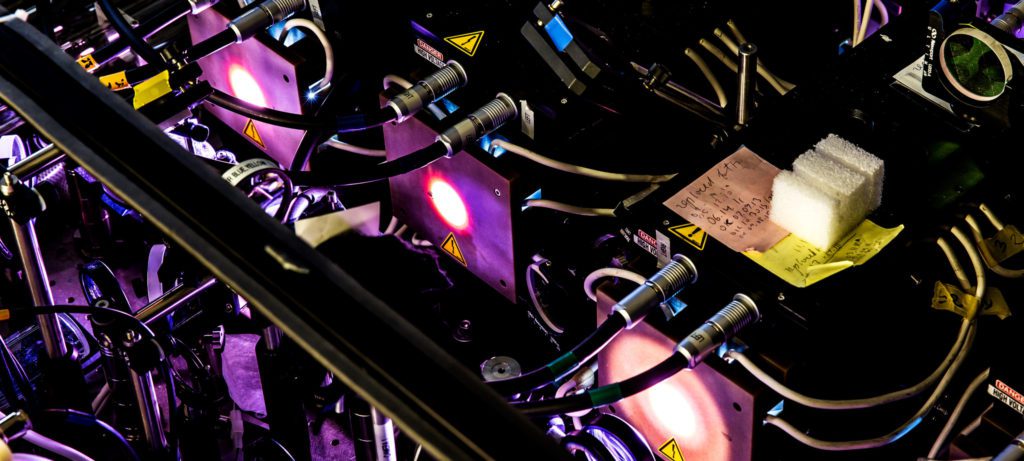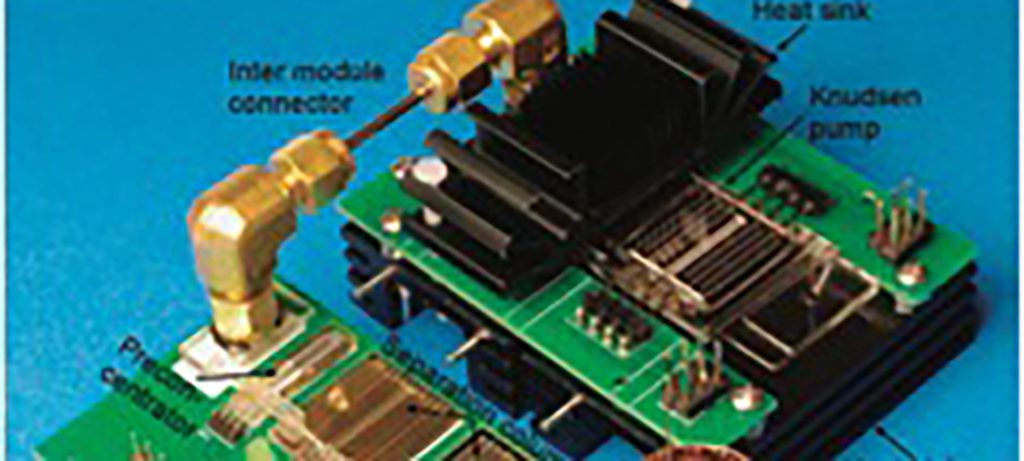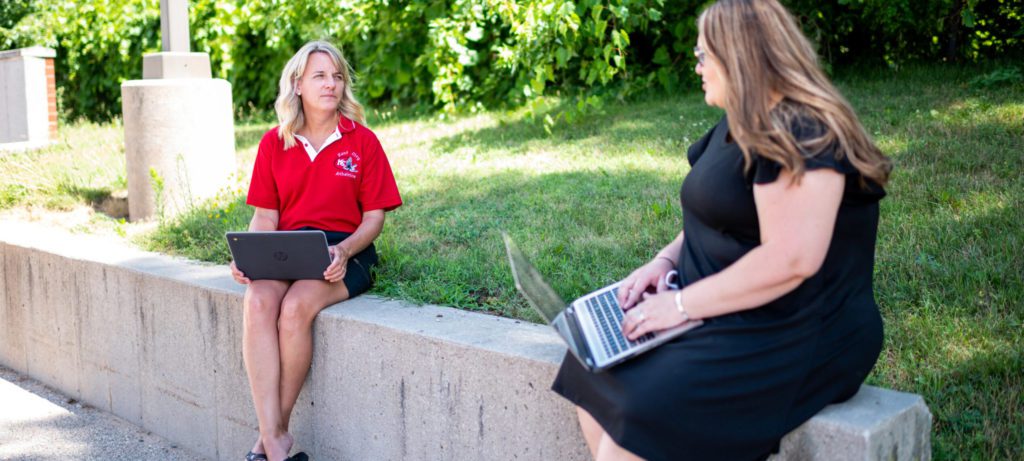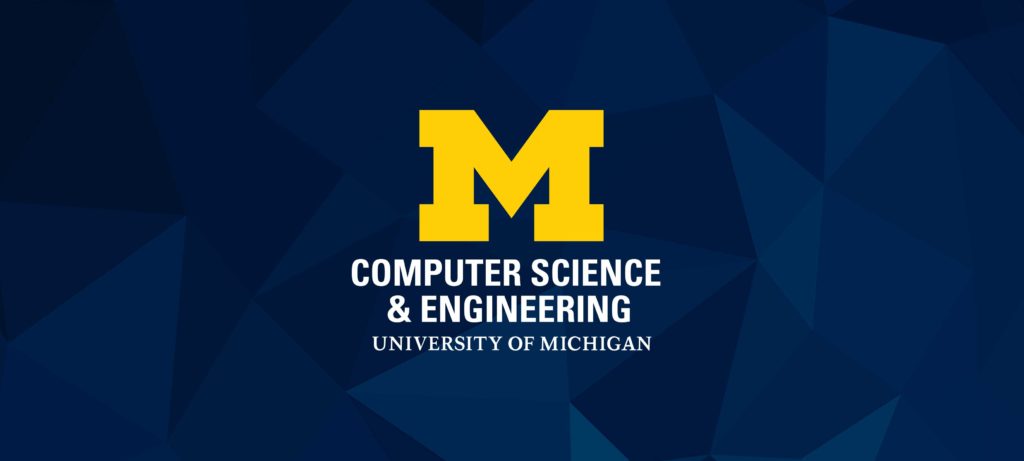Plasma science has the potential to speed advances in medicine, energy, electronics and more—including helping us deal with pandemics.


Plasma science has the potential to speed advances in medicine, energy, electronics and more—including helping us deal with pandemics.
New real-time employer dashboards provide “live-feed of data” as employees report their symptoms while also safeguarding users’ data privacy.
The post How a COVID-19 app built at U-Michigan is helping businesses stay open appeared first on Michigan Engineering News.
By reflecting nearly all the light they can’t turn into electricity, they help pave the way for storing renewable energy as heat.
The post Mirror-like photovoltaics get more electricity out of heat appeared first on Michigan Engineering News.

The researchers’ imaging technique is fast, accurate, and reproducible
Wearables track heart rate, fatigue and stress.
The post Improving construction worker safety with wearable sensors appeared first on Michigan Engineering News.
Faculty members and students share their perspectives.
The post Caution and connection in in-person classes during COVID-19 appeared first on Michigan Engineering News.

With new funding in the company, the hardtech startup is bringing revolutionary technologies to reshape mmWave wireless.

Prof. Yogesh Gianchandani and Dr. Yutao Qin received an “Outstanding Paper Award” for their fully electronic micro gas chromatography system.

K-5 teachers and students throughout Michigan are building thriving learning communities online by using free deeply-digital, standards-aligned curricula and platform developed by the U-M Center for Digital Curricula.

Prof. Roya Ensafi and PhD candidate Reethika Ramesh led organizing efforts for USENIX’s Tenth Workshop on Free and Open Communications on the Internet.